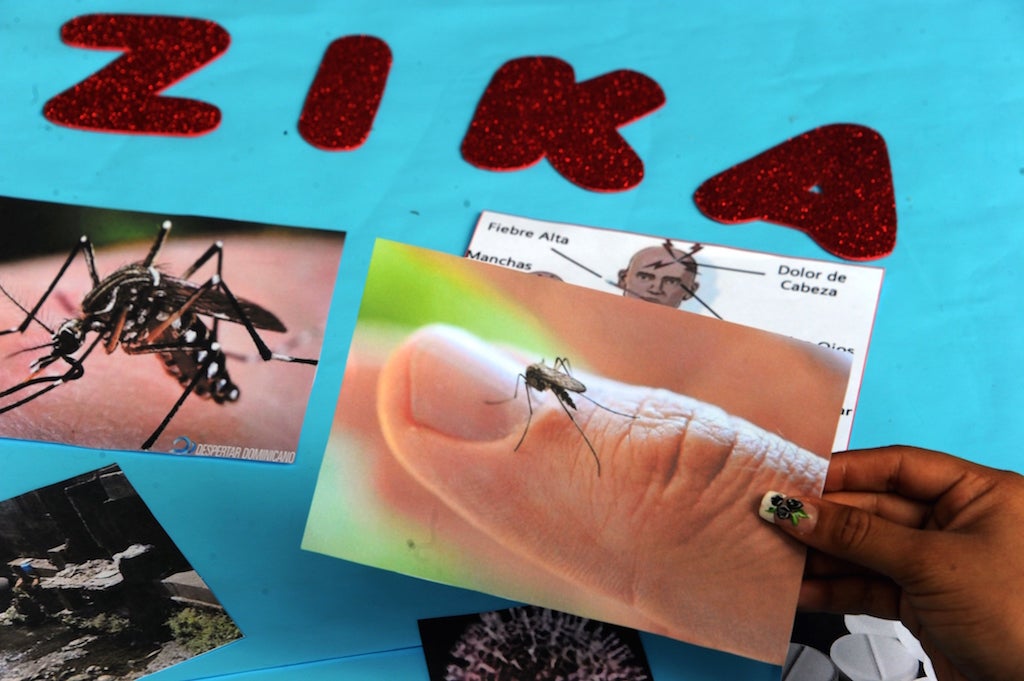Zika virus: No scientific basis for theory that chemicals cause birth defects, health officials say
Doctors and researchers in Argentina claim a pesticide is to blame for the number of birth defects being reported in Brazil

While the rest of the world is focused on hunting down mosquitoes with Zika, a group of doctors and researchers in Argentina has published a report making the provocative argument that a pesticide, rather than the virus, is to blame for the alarming number of birth defects being reported in Brazil.
The University Network of Environment and Health wrote that pyriproxyfen, which is added to drinking water to stop the development of mosquito larvae, may be causing something in the fetal development process to go awry when ingested by pregnant women and may be leading to the babies being born with microcephaly -- a condition defined by abnormally small heads and underdeveloped brains.
That idea is one of a number of alternate theories about the cause of the crisis that has been making its way around social media in recent days and has prompted a swift rebuttal from health officials from the United States, Brazil and other regions.
While authorities still can't definitively make a causal link between Zika and microcephaly, they have reiterated that the evidence -- including the presence of the virus in amniotic fluid and the strong geographic and temporal correlation between the cases and infections -- is strong and it's growing. The theory that pyriproxyfen is the cause, however, has no scientific basis, they said.
Still, at least one Brazilian state is taking the paper seriously enough to suspend its use of the chemical. Rio Grande do Sul Health Secretary Joao Gabbardo said that the "suspicion" of a correlation is enough, according to teleSUR, a pan–Latin American TV station sponsored by various governments. "We cannot run that risk," Gabbardo said.
The Zika virus - in pictures
Show all 5At a workshop on Zika hosted by the National Academy of Sciences Tuesday, experts discounted the link between larvicide and possible correlation to microcephaly.
“I think there’s very limited application of larvicide, especially in the poor communities in Brazil where a lot of these cases are occurring,” said Scott Weaver, who heads the Institute for Human Infections and Immunity at the University of Texas Medical Branch in Galveston.
Albert Ko, chair of the department of epidemiology of microbial diseases at Yale School of Public Health, who is conducting work on Zika in Brazil, said there is “very minimal” use of larvicide in Brazil’s northeast, hardest hit by the Zika epidemic. Larvicide is used in the rural and agricultural areas and not the urban centers where the Zika cases started.
Copyright: Washington Post
Subscribe to Independent Premium to bookmark this article
Want to bookmark your favourite articles and stories to read or reference later? Start your Independent Premium subscription today.

Join our commenting forum
Join thought-provoking conversations, follow other Independent readers and see their replies